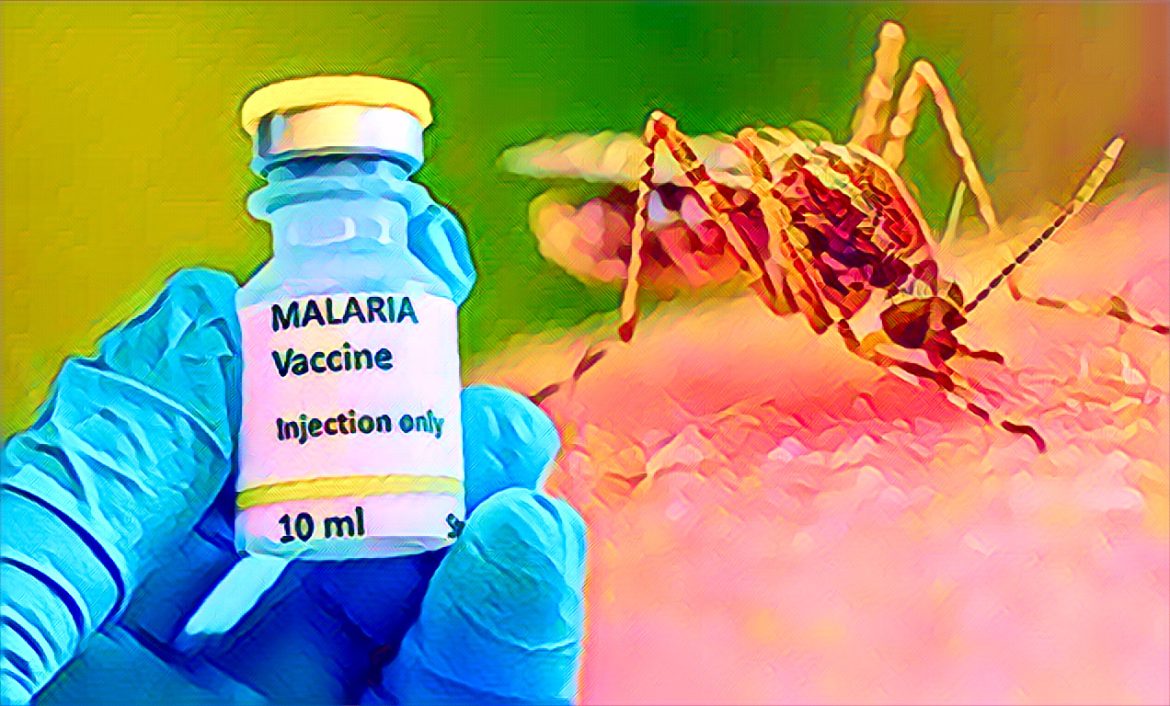KEY POINTS
- Nigeria accounts for the highest number of malaria cases globally, with an estimated 300,000 deaths annually, particularly among children under five.
- The Oxford R21 malaria vaccine, developed by the University of Oxford, has shown an efficacy rate of over 75% in clinical trials, marking a major advancement in malaria prevention.
- The vaccine rollout will prioritize vulnerable groups, particularly young children and pregnant women, across primary healthcare centers in Nigeria.
This is welcome news to Nigeria as the country has recently started administering the new Oxford R21 malaria vaccine, a breakthrough that has the potential to transform the country’s public health systems. Malaria continues to be a major public health problem in Nigeria with 100 million clinical cases and over 300,000 deaths per annum. As published by Reuters, this new vaccine should be able to make a significant contribution to these statistics.
The promise of the Oxford R21 Vaccine
The Oxford R21 malaria vaccine is being described as a new hope for malaria prevention in Africa. While clinical trials reveal an efficacy rate of more than 75%, the vaccine gives a ray of hope in a part of the world where the disease continues to prevail. That is why Nigeria, the country that suffers from malaria more than any other country in the world, will benefit most from this rollout.
The vaccine is developed to attack the malaria parasite in the human liver before it grows and leads to severe infection. Since malaria impacts children under five most, the Oxford R21 vaccine is revolutionary and is set to drastically cut down childhood mortality. Also, the World Health Organization (WHO) has approved the use of the vaccine, which makes it a reliable weapon against malaria.
Public reception: parallels with the COVID-19 Vaccine experience
As much as we are seeing the Oxford R21 vaccine being deployed, there are potential challenges attached to it. Interestingly, the reaction seen here mirrors what was observed during the COVID-19 vaccine distribution process. However, the outbreak of the COVID-19 pandemic saw many Nigerians reluctant to get the COVID-19 vaccine because of myths, fake news, and complications from the vaccination.
Such skepticism could extend to the Oxford R21 malaria vaccine. Some citizens still have trust issues concerning vaccines in general, and they are scared by the fake news on social media platforms. Some people have concerns that the malaria vaccine may have side effects, or even cause other health issues, similar to what happened with the COVID-19 vaccine, even tough all the vaccines are safe and have been tested.
The dissemination plan
The Ministry of Health in Nigeria has provided a strategic plan for the dissemination of the Oxford R21 vaccine. The target population will be the most vulnerable groups, first of all, children under the age of five and pregnant women. All the primary health care centers across the country will act as vaccination centers so that all classes of people including those in the rural areas will be able to access the vaccines.
In addition, the government intends to coordinate the administration of the malaria vaccine with other immunizations. This will help in tracking the vaccination and also in a way that nobody is missed. It also minimizes some logistical difficulties because the structures utilized for other vaccinations can be used to administer the malaria vaccine.
Benefits for Nigeria’s healthcare system
The successful rollout of the Oxford R21 vaccine has the following long-term implications for the health care system in Nigeria. First of all, it can contribute to a drastic decrease in the load on hospitals and other healthcare institutions, which are overburdened with malaria. Expenses incurred in treating malaria could also be channeled to address other important health concerns.
Besides, the vaccine could help boost economic development. Since there will be fewer people getting sick from malaria, productivity is likely to increase, especially in agricultural and other sectors where malaria affects the labour force. Also, a healthier population can lead to more investments from other countries because many international businesses avoid high-risk diseases areas.
Concerns about vaccine resistance
On the positive side, the future looks bright for the vaccine; however, there are worries if the vaccine will still be effective in the long run. This has caused some researchers to worry that the malaria parasite might one day become immune to the vaccine in the same way that it has done to some antimalarial medicines. Constant studies and monitoring will be necessary to ascertain that the vaccine is still potent and that if there is any sign of resistance, it will be detected immediately.
A step in the right direction
The Oxford R21 malaria vaccine is a huge breakthrough in the war against malaria especially for countries in the sub-region especially Nigeria which is most affected. If done well, it has the potential to prevent hundreds of thousands of deaths, lower the expenditure on health, and boost the economy. But to achieve sustained success of the vaccine, the following issues need to be solved: skepticism among the public, difficulties in the organization of the vaccination process, and the possibility of future vaccine rejection.
The public health sector in Nigeria will have to draw lessons from the COVID-19 vaccine and adapt them to the use of the malaria vaccine. Adequate sensitization, planning, and collaboration with international partners, the Oxford R21 vaccine is the beginning of the end for malaria in Nigeria. However, the government cannot afford to relent in its efforts, always having to search for new ways to make this new weapon in the fight against malaria to do more.


